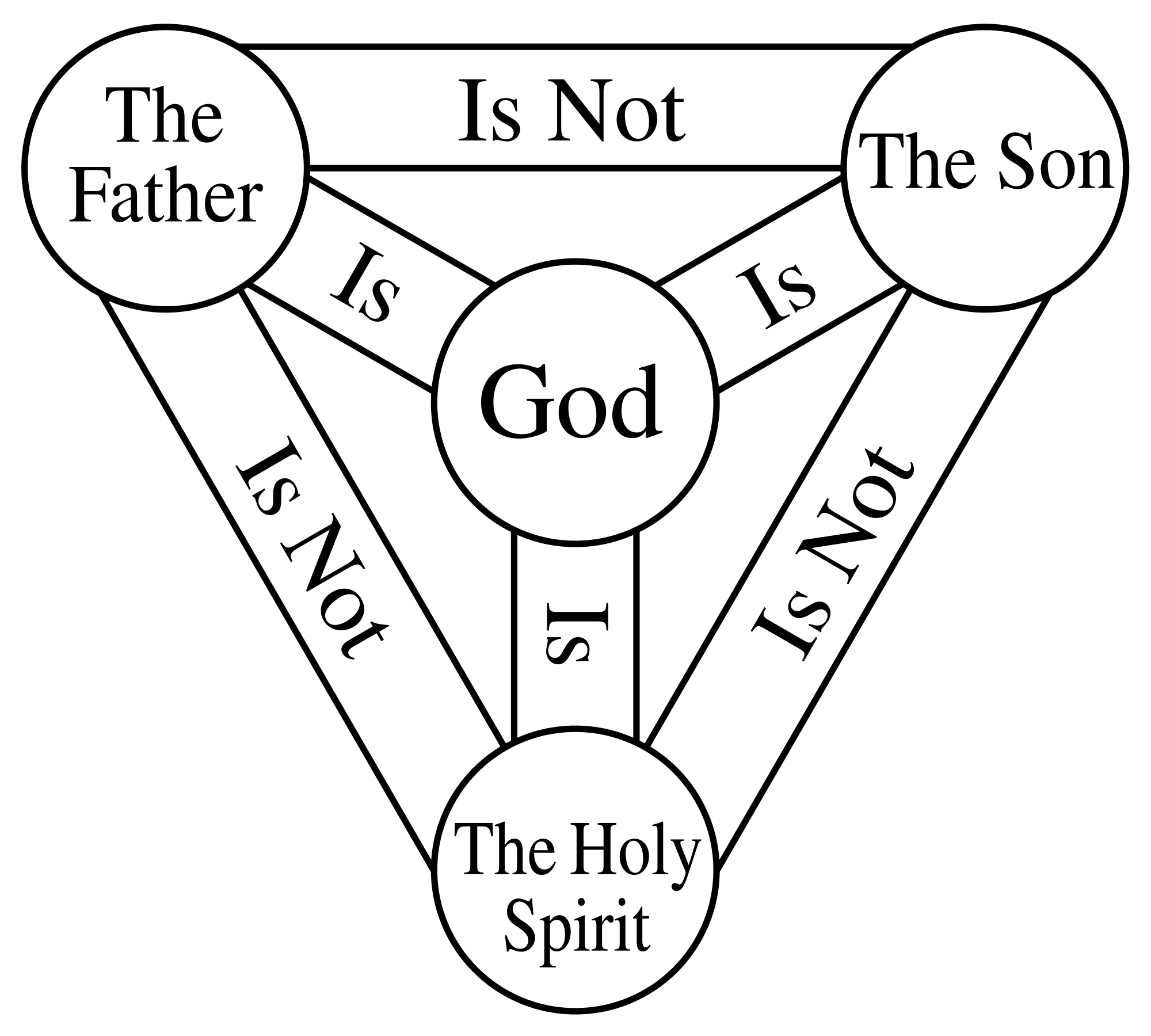I had hoped that the big Trinitarian brouhaha was starting to calm down to more of a restrained, tightly defined level. Then Dr. Al Mohler waded into the debate yesterday, calling attacks on his friends Drs. Bruce Ware and Wayne Grudem “nonsense” without ever bothering to actually engage with the substance of Carl Trueman, Liam Goligher, Mark Jones, Alastair Roberts, Michel Barnes, Matthew Crawford, Lewis Ayres, Fred Sanders, or Matthew Emerson’s actual arguments. Apparently it only takes one dismissive wave of the hand by someone as prominent as Mohler to dismiss the careful argumentation of a half dozen leading authorities in patristics or dogmatics.
Login to read more
Sign in or create a free account to access Subscriber-only content.
Topics:
